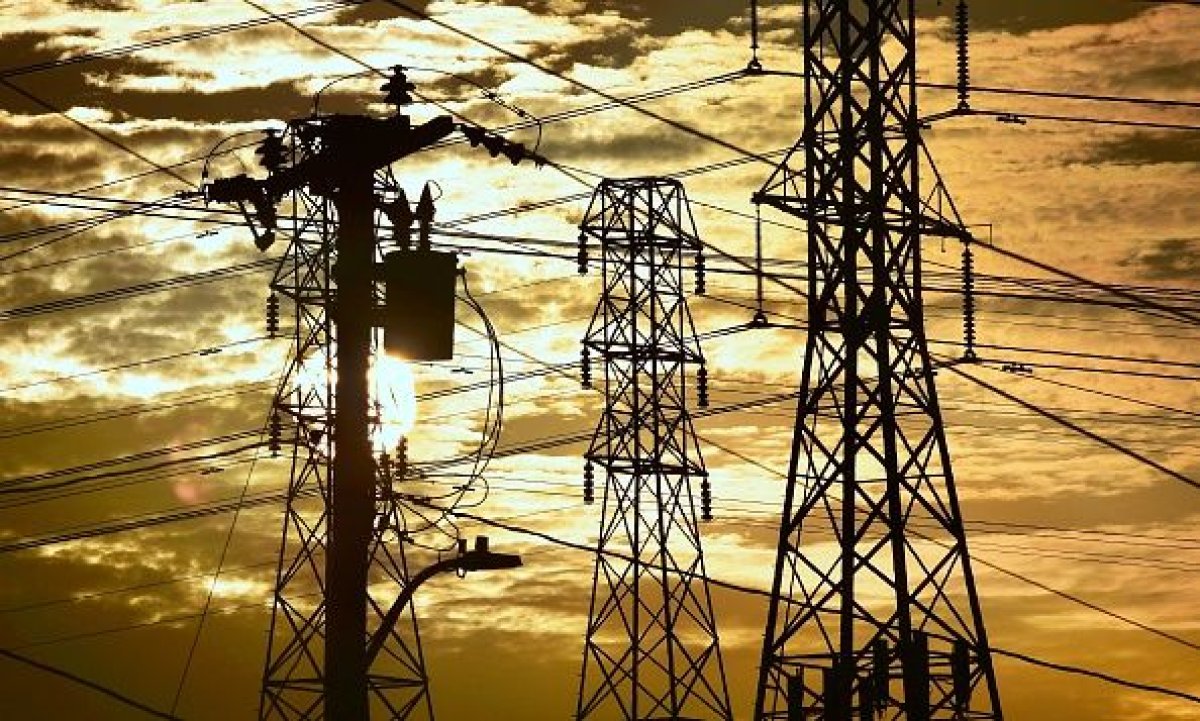Heat waves may actually impact the ability to think, scientists have found. Harvard scientists reported that students in dorms who have air conditioning during heat waves do better on cognitive tests than students who live with the hot temperatures.
The findings from researchers at the Harvard T.H. Chan School of Public Health were published on Tuesday in the journal PLOS Medicine.

Since most research is typically on the health effects of heat on fragile populations, like the elderly, there is a perception that the general population is not in danger from heat waves, Jose Guillermo Cedeño-Laurent, research fellow at Harvard Chan School and lead author of the study, said in a statement.
"To address this blind spot, we studied healthy students living in dorms as a natural intervention during a heat wave in Boston," he said. "Knowing what the risks are across different populations is critical considering that in many cities, such as Boston, the number of heat waves is projected to increase due to climate change."
The study looked at 44 students in Boston. Twenty-four lived in air-conditioned buildings. The other 20 lived in buildings that did not have air conditioning. The researchers installed a device in each student's room to monitor the temperature over a 12-day period in the summer of 2016.
The first five days temperatures were seasonable. Then came a five-day heat wave, then two days of cooler weather.
After waking up each day, the students took two cognition tests on their smartphones. The first test required students to correctly identify the color of displayed words. The second test consisted of basic arithmetic questions and was used to assess mental speed and memory.
The findings showed that during the heat wave, students in the buildings without AC performed worse on the tests than students in the air-conditioned dormitories and experienced decreases in reaction times and memory.
Surprisingly, the biggest difference in cognitive function between the two groups was seen during the cool days after the heat wave.
The researchers found that as outdoor temperatures began to subside, indoor temperatures stayed high in the dorms without air conditioning.
"Indoor temperatures often continue to rise even after outdoor temperatures subside, giving the false impression that the hazard has passed, when in fact the 'indoor heat wave' continues," said Joseph Allen, one of the study's authors and an assistant professor of exposure assessment science and co-director of the Center for Climate, Health, and the Global Environment at Harvard Chan School.
"In regions of the world with predominantly cold climates, buildings were designed to retain heat. These buildings have a hard time shedding heat during hotter summer days created by the changing climate, giving rise to indoor heat waves," he said.
Uncommon Knowledge
Newsweek is committed to challenging conventional wisdom and finding connections in the search for common ground.
Newsweek is committed to challenging conventional wisdom and finding connections in the search for common ground.
About the writer
Lisa Spear is a science writing fellow at Newsweek. She's previously contributed to a number of other outlets including Time and ... Read more
To read how Newsweek uses AI as a newsroom tool, Click here.








